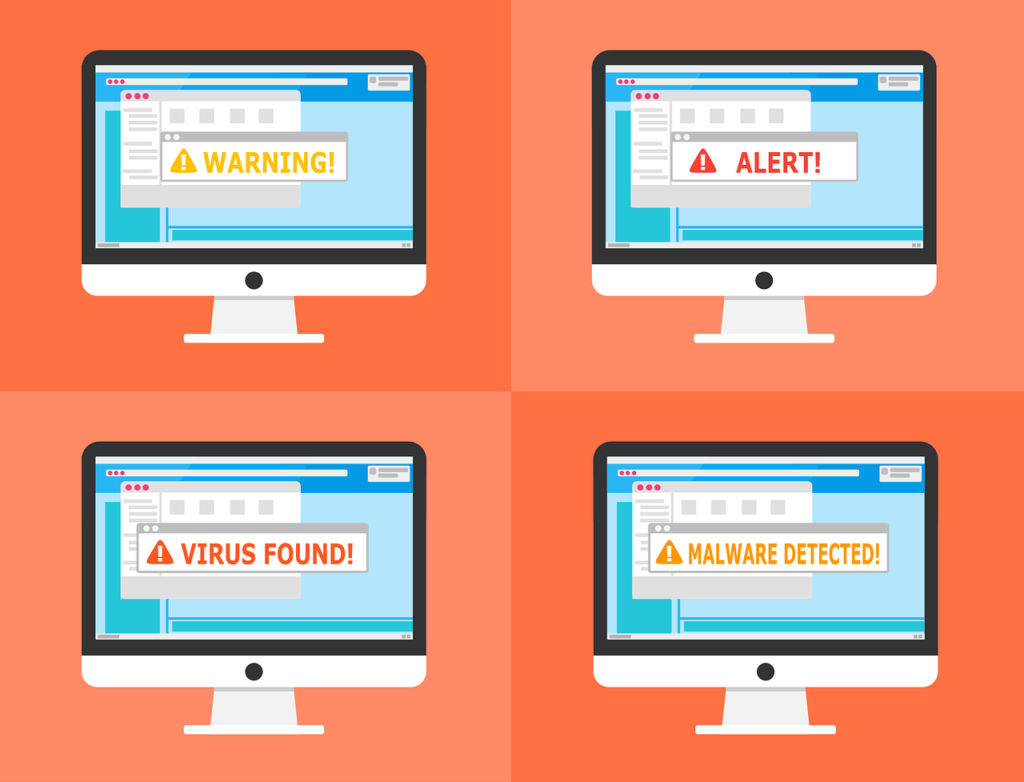BE AWARE OF TECH SUPPORT SCAMS
Tech support imposter scams are increasing. A tech support scammer’s objective is to run “Computer scan” alerts warning of suspicious activity that look authentic — resembling pop-up security alerts from Microsoft, Apple, or other companies. They say they’ve detected viruses or other malware that have infected your computer. Some pop-ups even feature a countdown clock, supposedly showing the time remaining before the hard drive will be fried – unless you call a toll-free number supposedly affiliated with one of those big-name companies.
Another scammer goal is to get you to call a toll-free number where they will claim to need remote access to your computer so they can run “diagnostic tests.” Those tests purport to reveal grave problems that can only be solved by one of their “certified technicians” – for a hefty fee. Scammers use high-pressure tactics to pressure users into paying hundreds of dollars for unnecessary or harmful products and services.
Some problems may surface after you enter a misspelled domain name involving fake sites, or other problems occur via search engines.
No virus exists, but many people jump into action because they are terrified of losing access to their photos, online banking, business records and other online information.
To minimize your exposure to a fraudulent tech support attack:
- Never click on links or attachments from suspect or unexpected e-mails.
- Never share your information (accounts, passwords, etc.) to anyone who contacts you.
- If you get an unexpected pop-up, call, spam email or other urgent message about problems with your computer, stop. Don’t click on any links, don’t give control of your computer and don’t send any money.
- Ensure you have up-to-date endpoint security software and scan your computer. Delete anything the software says is a problem.
- Report the incident to ftc.gov/compaint. Include the phone number that you were told to call.
- If you suspect a tech support scam, immediately your IT support specialist.

